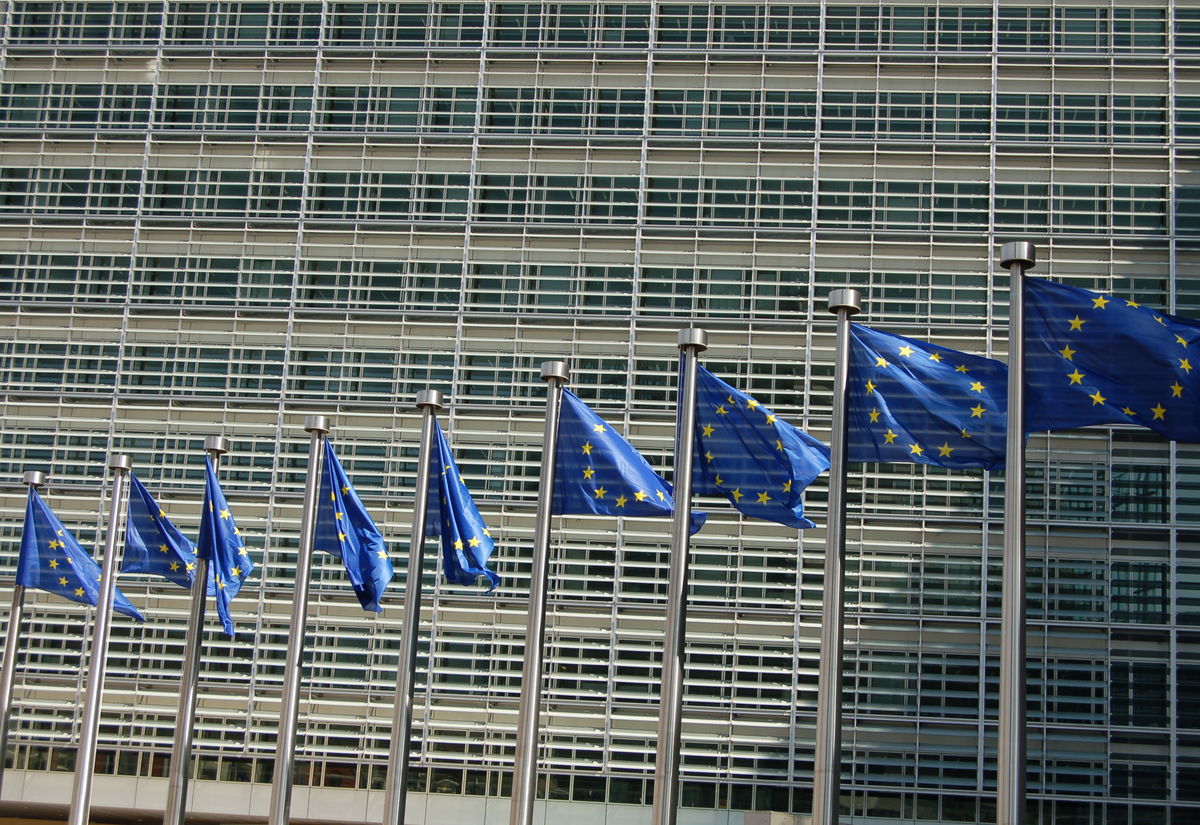- Home
- Urban projects
Urban projects
The territory of the Brussels-Capital Region is constantly developing. Learn more about our urban projects (French or Dutch)
- Urban issues
Urban issues
Housing, facilities, economy, land... perspective.brussels collects and analyses the data essential to the development strategy of the Region. Learn more about these urban issues (French or Dutch)
- Statistics and analyses
- Planning tools
- Who are we?
European context
European Union and urban development
Regional policy
European regional policy
European regional policy, also known as cohesion policy is the European Union’s main investment policy. It aims to reduce economic, social and territorial differences between regions and cities. It is comprised of five European Structural and Investment Funds (ESIF):
- European Regional Development Fund (ERDF);
- European Social Fund (ESF);
- Cohesion Fund;
- European Agricultural Fund for Rural Development (EAFRD);
- European Maritime and Fisheries Fund (EMFF).
For the 2021-2027 period, the European Commission is planning to focus on five priorities: a smarter Europe (1), a greener, carbon free Europe (2), a more connected (3), more social Europe (4) and a Europe closer to citizens (5). This last priority will focus on projects relating to territorial planning and sustainable urban development.
perspective.brussels contributed to the preparation of the post-2020 cohesion policy. In partnership with Brussels international, it monitors and analyses the territorial dimension so that the Brussels Region can conduct projects at various territorial levels: inter-metropolitan (with the major cities of north-west Europe), metropolitan and inter-regional (with the other Belgian regions) regional (regional territorial plans such as the PRDD) and local (strategic areas and spatial planning tools).
Leipzig Charter
Leipzig Charter on Sustainable European Cities
The Leipzig Charter on Sustainable European Cities adopted in 2007 defines the basic principles for the development of European cities: a sustainable, integrated and multi-level approach, participation and priority given to the redevelopment of deprived neighbourhoods.
A new version of the Leipzig Charter: ‘The power of cities to transform for the common good’ was adopted by European ministers in 2020. It defines the three dimensions of the European city of the future: a green, just and productive city. It also incorporates new concepts such as citizen participation, co-creation and the common good. Finally, this new version covers the different scales of intervention, from the neighbourhood to the functional and metropolitan area.
perspective.brussels provides the official representation for the Brussels Region at the informal meetings of the Council which bring together experts and directors of the administrations responsible for urban development in the 28 Member States. The charter's revision is discussed at these meetings.
Urban Agenda
Urban Agenda for the European Union
The Urban Agenda for the European Union promotes cooperation between Member States, cities, the European Commission and other stakeholders in order to stimulate growth, durability and innovation in Europe's cities. It enables cities to be more involved in developing European policies and has set up partnerships on the 18 core themes for their future.
The Ljubljana Agreement adopted in 2021 reaffirmed the central role of cities and metropolitan areas within the European Union (EU). This agreement commits Europe to continuing and revising the Urban Agenda adopted in 2016, which aims to strengthen the urban dimension of European policies. The text provides for the launch of 4 additional partnerships: the greening of cities, social equity in cities, sustainable tourism and food.
The Brussels-Capital Region is a member of four of these partnerships: Urban Poverty, Security in Public Spaces., in this second partnership, perspective.brussels works under the coordination of Brussels Prevention and Security ; Greening cities via Bruxelles environnement and sustainable tourism via visit.brussels.
Finally, during the Belgian Presidency of the EU, the Directors-General for Urban Affairs (DGUM) agreed to launch two new partnerships on the following topics:
- 'Water-sensitive cities’
- ’Decarbonisation of buildings: Integrated renovation programmes and local heating and cooling plans’.
Territorial Agenda
Territorial Agenda of the European Union 2030
The Territorial Agenda of the European Union sets out the priorities for Member States in terms of territorial development and the measures to be taken for its implementation. This non-binding document serves as guidance for taking greater account of territorial aspects when implementing European policies. A new Territorial agenda has been adopted in December 2020 by the European Ministers responsible for Territorial Cohesion.
perspective.brussels provides the official representation for the Brussels Region at the informal meetings of the Council which bring together experts and directors of the administrations responsible for territorial planning in the 28 Member States. The Territorial Agenda's revision and implementation is discussed at these meetings.
